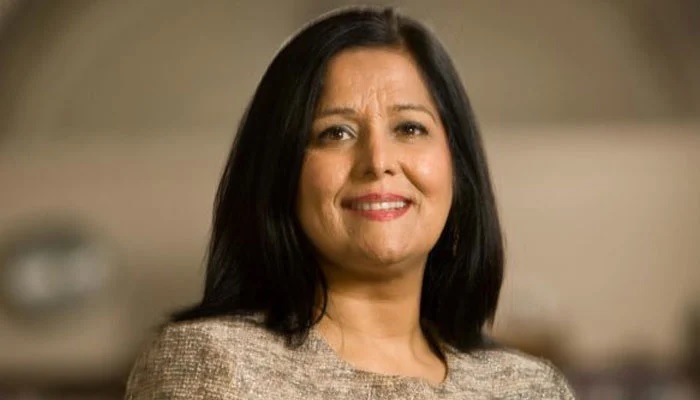
By M Ghazali Khan
LONDON: Labour Member of Parliament Yasmin Qureshi has drawn similarities between the holocaust and the Srebrenica Genocide with the Muslims’ massacre in Burma and the fast-deteriorating Islamophobic environment in India.
Ms Qureshi said: ‘Two genocides have taken place in Europe. One was the holocaust, in which over six million Jewish people were murdered. The other was the Bosnian genocide between 1992 and 1995, which involved the planned, systematic and industrialised murder of just under 100,000 Muslims, the displacement of 2 million people, and the genocidal rape of up to 50,000 women simply because they were Muslims.’
Participating in a debate in the House of Commons—initiated at her request— marking the 27th anniversary of the Srebrenica genocide Ms Qureshi said: ‘There are worrying similarities between Srebrenica and the plight of the Rohingya in Burma, or the rise of Hindu nationalism in India—the Hindutva movement under Prime Minister Modi—and the growing tide of anti-Muslim violence.’
Reminding the house of the horrors of the Bosnian genocide Ms Qureshi said: ‘Many of us of a certain age will remember seeing images of the war in Bosnia on our television screens during the 1990s. We remember watching with horror the footage of Sarajevo under siege and people being held in concentration camps, and slowly learning about the reports of atrocities being committed across Bosnia, which culminated in a genocide taking place on European soil just 50 years after the world pledged “never again”’.
She said that the Bosnian, ‘genocide has been an inspiration for far-right extremists and Islamophobes. The Christchurch mosque attacker played a song glorifying Karadžić just prior to the attack and, years earlier, Anders Breivik in Norway also sought inspiration in the Balkan wars and Serb ultra-nationalism. There have been other events around the world in the past few years that reinforce the importance of remembering what happened in Srebrenica.’
Ms Qureshi paid special tribute to the ‘inspirational’ women of Bosnia and said she has been to Bosnia and met ‘inspirational’ women who, ‘despite experiencing the very worst of humanity, have shown great strength and determination to rebuild their lives and resist hatred. By commemorating the genocide, we help to ensure that the victims are not forgotten.’
Several other MPs across the party line agreed with Ms Qureshi and complimented her for requesting the debate in the House of Commons.
However, according to media reports and a video clip circulated on social media, Conservative Leicestershire MP, Alicia Kearns, couldn’t resist her tears as she spoke of the tragedy faced by one of her constituents Karen Packwood, who was listening to her MP in the public gallery, whose late husband, Amir, was shot in Bosnia war when he was 13 years old for being a ‘male and Bosniak.’
‘I’m not ashamed of my tears today because every time we shed a tear, we show that we care and that we will not stand for these people being forgotten and silenced.’ She said.
Narrating Amir’s story she said: ‘Amir was a happy boy who lived with his family, played football in the park and enjoyed toy cars and comics, but then the militia came and Amir was evicted. He lost everything: his toys, his comics—everything he loved—and his innocence. As Amir, aged 13, walked down the infamous Sniper Alley in Sarajevo, a Serb soldier took aim and shot him.’
She added: ‘Amir cried out to the soldier: “I’m just a boy, I’m not a soldier. Why are you shooting me?” Sadly, Amir knew the answer: he was a male and he was a Bosniak. This made him a target for annihilation, because according to the Serbs he was not human, did not deserve to live, did not deserve a family, and did not deserve a future. That day, they tried to take everything from him—but they failed. As Amir lay struggling, he noticed a nearby United Nations tank and a peacekeeping soldier. He cried out for help and the soldier did nothing. The soldier ignored his screams of agony and the cries for help of an innocent 13-year-old boy.’
Ms Kearns gave a detailed account of how Amir was seen by a holocaust survivor, Elie Wiesel, in Paris and how he was helped by him to be able to restart his life in the UK. But 25 years later his lever failed and died becoming, ‘another victim of the Bosnian war.’
